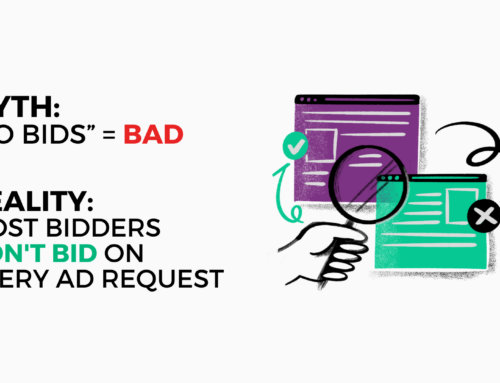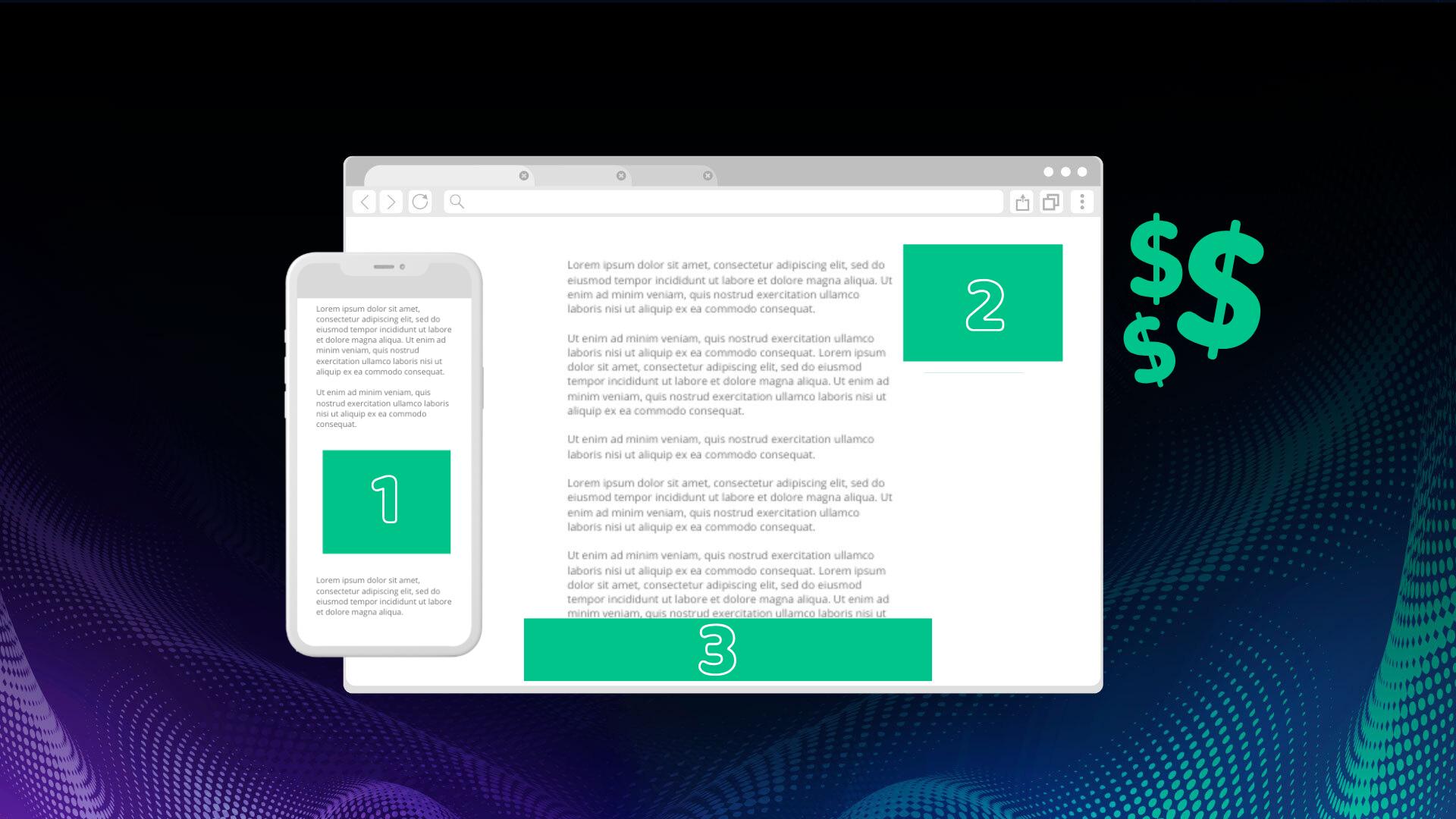When I embarked on my first job in the business world, I had no clue what I was doing. After studying childhood development, I spent a couple of years working as a nanny and preschool teacher. The woman that hired me was the owner of a small consulting firm, and a Harvard MBA graduate. I’ll never forget when she heard me typing and said “what, you don’t know how to type?” “Well no, I don’t I’m afraid, I’ve been changing diapers for the last two years.” I thought she might fire me on the spot and I was embarrassed beyond belief. However, she saw this as a challenge and declared that by the end of my tenure, I’d be typing 40 words a minute.
My boss, Barbara, was in her early forties and had climbed the ranks in the packaging business. She established a boutique consulting firm helping early-stage companies build their businesses through marketing consulting and public relations. They sought her knowledge, expertise, and advice. And then there was me, the British nanny, a deer in the headlights. What was amazing to me is that she didn’t see it this way. She saw in me something I didn’t, that I had the ability to succeed. I had talent but I lacked confidence and a pedigree education. She began to throw me into meetings with her presenting to C-level executives and acted like there was nothing abnormal about it. Our work centered around PR activities for packaging companies, placing articles in B2B publications from around the world, and conducting marketing research for companies to support their international go-to-market strategies.
She saw in me something I didn’t, that I had the ability to succeed.
One of the best examples of Barbara throwing me into the deep end was when our colleague, the Editor-in-Chief of a Swedish packaging magazine, was unable to fly to Chicago to be on a panel with Barbara and other packaging experts, so Barbara decided to put me on the panel instead! ‘But,’ I insisted, ‘I don’t know anything about the Swedish packaging industry.’ She laughed and told me I was about to learn because Magnus (the editor) would call me the next day to teach me. “Madness” I thought, but what choice did I have? And low and behold, a month later I was at McCormick Place in Chicago espousing the advancements in Swedish food packaging. I was extremely nervous and relieved when it was over but miraculously pulled it off. I still laugh about that story now.
After a year of attempting to become a writer pitching our client’s stories, Barbara sat me down one day and said that she had an idea. The idea was that I should sell the advertising for all of these publishers we worked with instead of writing for them because she thought I’d be great at sales. Although this plan made sense, the two of us knew nothing about selling advertising. In true Barbara fashion, she went on to tell me about a colleague of hers, John who had been selling advertising for 20 years and would teach us all we need to know about selling media. We took John for a leisurely lunch at the then trendy Sams in Tiburon, right on the water, plowing him with wine and as much crab as he wanted while he went on to teach us about insertion orders and ad sizes.
Once we returned from that lunch, Barbara tasked me with creating all the paperwork we would need to support our business, come up with a name, register it and then figure out which titles we wanted to represent. Once we had our plan together, we approached several of these publications and negotiated contracts with them, and thus the International Packaging Media business was born.
I share this story because it is the genesis for my career in advertising and media. I was fortunate to have a mentor like Barbara, but the timing of the opportunity is also a perfect example of a successful mentor/mentee relationship. Barbara was willing to teach what I wanted to learn. I’ve tried to carry this philosophy with me throughout my career, sometimes succeeding more than others. Having the right company who is willing to support this, a leadership team that values culture, and of course, people who want to learn what you have to teach them is the key to a successful mentor relationship.
One of my first hires as an early-stage manager was a young woman who came to us via a temp agency. She worked her way through college but had no experience in our field. I quickly saw she had the raw talent that others didn’t at the time simply because she didn’t fit the mold for their traditional employees. This young woman was a hard worker, eager to learn, and not afraid to make mistakes, so I took a page from Barbara’s book and gave her a chance. I can remember pushing her boundaries by giving her tasks beyond what she thought she was capable of and watched her grow as she achieved new skills. She went from an assistant to account executive and then a director over the span of a few years. She now works in a senior role at one of the Bay Area’s ‘Big-Tech’ companies and can teach me a thing or two about the industry.
I truly love helping people early in their careers and know how important it is to have a great mentor at this stage, but they have to want this and be willing to be taught. It’s crucial to the success of the mentor relationship to understand that the learning goes both ways. Younger people have a lot to teach me and I love learning from them. The willing partners have great energy and a high level of curiosity which is infectious. One of the best public examples of this is Chip Conley who was hired by Airbnb at age 52 with 24 years of experience in the hospitality industry but about twice the age of most Airbnb employees. However, the founders were smart and saw the value he could bring to their company. They could learn about the hospitality business from his experience and he could learn about a digital-first company from them. Equally so, the younger employees saw this as a great opportunity to learn and to also teach him. He has called it “the new sharing economy—sharing wisdom across generations.” He says, “Mutual mentorship is the future.” This approach certainly paid off for Airbnb, giving them one of the highest ratings of any company in the hospitality space.
That said, I’d recommend that anyone who is willing to learn, willing to teach, and willing to constantly improve should consider a mentorship program. It’s beneficial on both sides and can lead to lifelong friendships and resources in your professional life.





